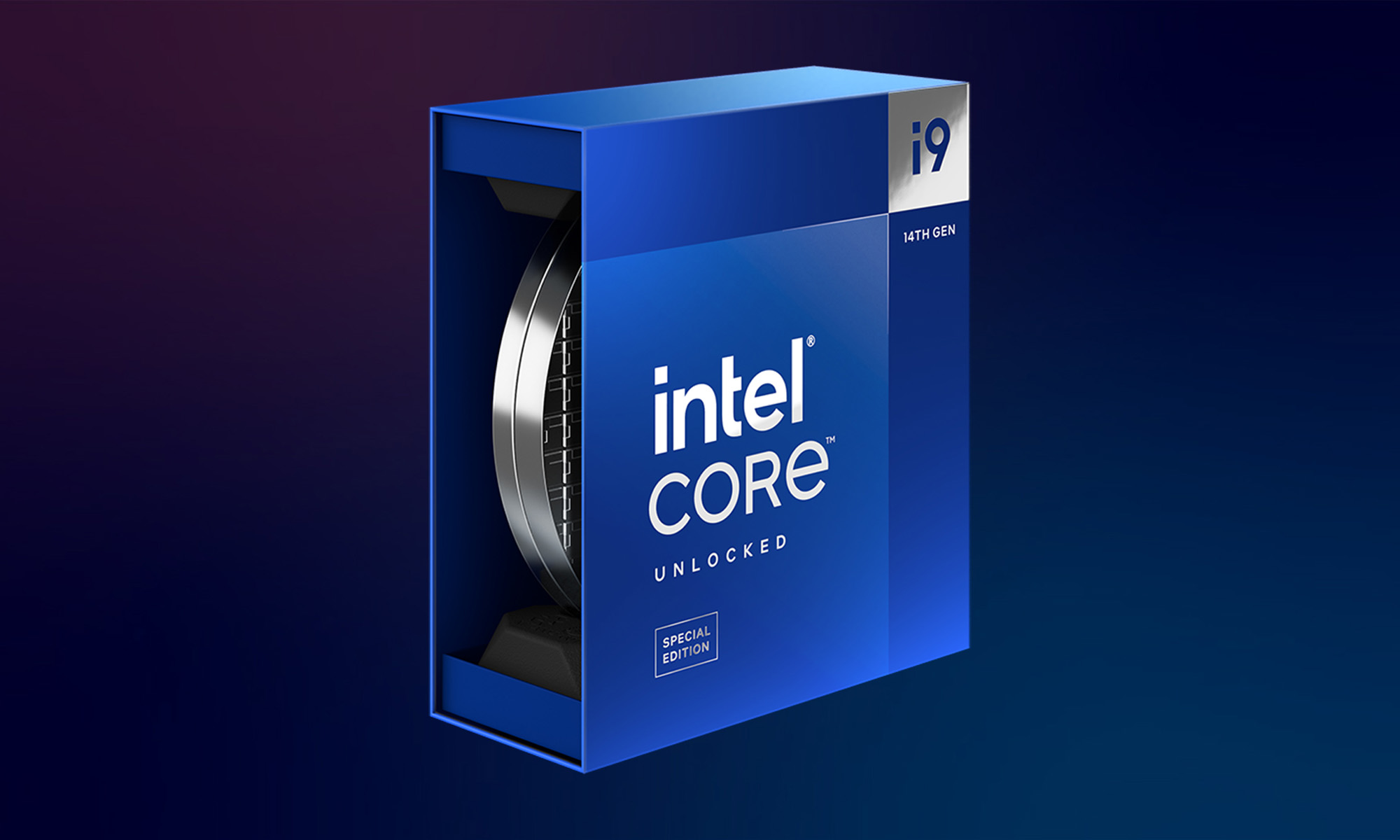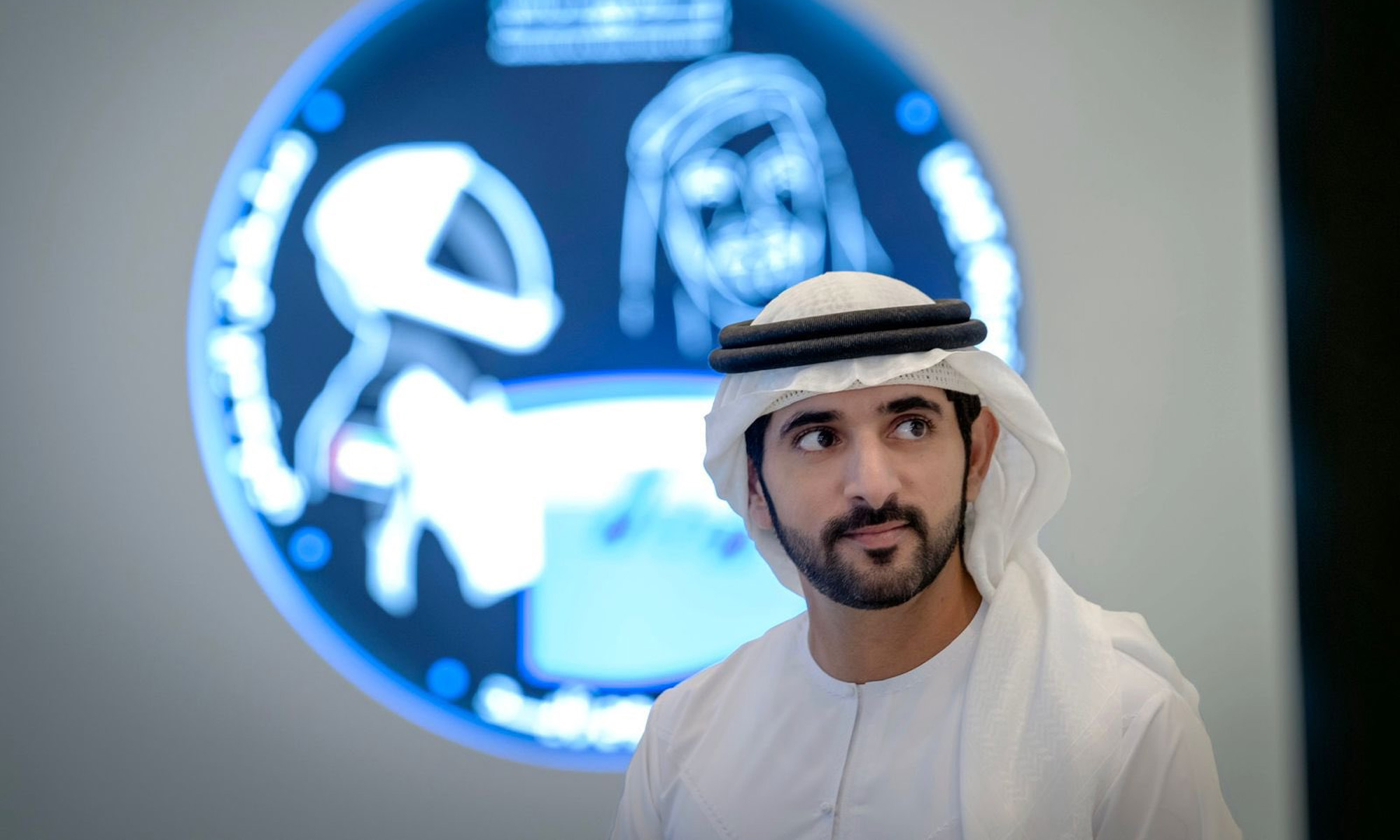News
Intel’s New Core i9 Desktop CPU Breaks Another Speed Record
The i9-14900K packs 24 cores and 32 threads of raw processing power.

Intel has broken another speed record with its latest desktop CPU. The company’s new Core i9-14900KS processor can reach speeds of up to 6.2GHz without overclocking, making it the fastest desktop CPU available to PC enthusiasts. The milestone beats another Intel record from last year, where its last processor maxed out at a still impressive 6GHz.

In addition to record-breaking clock speed, the i9-14900KS also boasts a 24-core, 32-thread architecture along with a 36 megabyte Smart Cache, which is a proprietary Intel technology that shares cache memory between the different cores. Intel says the feature allows for “powerful performance in gaming and content creation workloads”.
The i9-14900K also makes use of Intel’s Thermal Velocity Boost, which is a feature of 11th generation and later Intel Core chips that maxes out the clock frequency by 100 MHz when temperatures are below 70 degrees C, or 158 degrees F.
As for real-world statistics, the company is confident that gamers will enjoy up to 15% better performance. Content creators will also be happy to hear that complex workflows will receive a massive 73% boost. The i9-14900KS is compatible with the latest Z790 and Z690 motherboards, but Intel recommends ensuring the bios is updated to ensure optimum results.
Also Read: Getting Started With Google Gemini: A Beginner’s Guide
Although the speed of Intel’s i9 is impressive, a team from ASUS ROG has already claimed another four world records by overclocking the new chip, pushing the CPU to a frankly astounding 9.1 GHz.
The Core i9-14900KS is available from stores today and starts at $700. The chip will be available for DIY PC builders as a standalone item but should soon find its way into OEM systems very soon.
News
“AI Seal” Certification Now Required For Dubai Gov Partnerships
The new mandatory certification is designed to build trust in AI companies and create a reliable network of providers for government and public collaboration.

Dubai has introduced the Dubai AI Seal, a certification designed to establish trust in artificial intelligence (AI) companies and solutions. This initiative, directed by Sheikh Hamdan bin Mohammed bin Rashid Al Maktoum, Crown Prince of Dubai and Deputy Prime Minister, aims to create a reliable network of AI providers which government entities and businesses can collaborate confidently.
Companies must now obtain the AI Seal to qualify for UAE or Dubai government contracts. The Dubai Centre for Artificial Intelligence (DCAI), which developed the certification, sees it as a competitive edge for companies looking to participate in key national projects. Once certified, businesses will be permitted to showcase the seal across their websites and marketing materials, signaling their credibility and dependability.
The evaluation process will consider six main criteria: the company’s services and operations, the number of employees specializing in AI, ongoing and future projects, as well as existing partnerships with public and private sector entities.

Khalfan Belhoul, CEO of the Dubai Future Foundation, which oversees the DCAI, commented on the initiative’s potential: “This initiative will help create powerful partnerships between the public and private sectors, locally, regionally, and globally. It will help drive new economic opportunities by leveraging AI to serve better the economy, society, and the future we aspire to”.
Also Read: Top Free AI Chatbots Available In The Middle East
The Dubai AI Seal’s goals include providing a clear framework for verifying AI providers, fostering business opportunities for AI companies, and acknowledging the industry’s strategic importance to Dubai’s economy. The initiative emphasizes AI’s role in driving economic growth, creating jobs, and strengthening collaboration between government bodies and technology firms.
All technology companies operating in Dubai and offering AI-related services or products are eligible to apply for the certification at no cost through the official website.
-

 News1 month ago
News1 month agoSWITCH Mobility To Trial New E-Buses In UAE & Saudi Arabia In 2025
-

 News1 month ago
News1 month agoIBM Opens New Doha Office To Support Qatar’s Digital Growth
-

 News1 month ago
News1 month agoFoundster Is Dubai’s New AI-Driven Company Setup Service
-

 News1 month ago
News1 month agoAE Coin Launch Imminent After Gaining CBUAE Approval




















